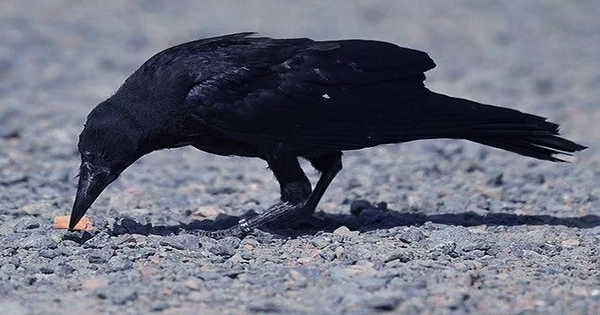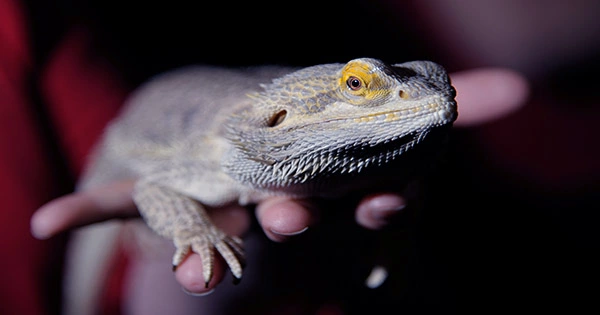Crows are once again demonstrating their intelligence, this time by putting their extensive skill set to good use in aiding the environment. In Södertälje, near Stockholm, Sweden, wild birds are being trained to pick up cigarette butts as part of a pilot project. The newest eco-warriors will put discarded butts and other small particles of trash into a machine built by Corvid Cleaning, a Swedish business. They get a pleasant treat in exchange for their efforts.
The birds are saving the city money while doing their part for the environment – and a snack. According to Günther-Hanssen, the project might reduce the present cost of collecting up cigarette butts by at least 75%.
“Today, the cost of picking up cigarette butts is estimated to be roughly 80 öre [$0.09] or more per cigarette butt, with some estimates as high as 2 kronor [$0.22].” If the birds pick up cigarette butts, the cost would be around 20 öre [$0.022] per cigarette butt, according to Günther-Hanssen. According to the Keep Sweden Tidy Foundation, 1 billion cigarette butts are strewn across Sweden’s streets each year, accounting for 62 percent of all trash.
Every year, Södertälje spends 20 million kronor ($2.1 million) on street cleaning. Enter the litter-picking crow army, or murder, hand-picked for the job due to their renown for intelligence. “They’re easier to educate, and there’s a better likelihood they’ll learn from one another.” At the same time, there’s less chance that they’ll ingest any garbage,” Günther-Hanssen added.
Crows can make and use tools, bend wire, use sticks, and even comprehend the concept of zero as a number. Not bad for a bird with no college diploma (sorry). If their efforts in Södertälje are successful, the project may be expanded to the remainder of the city, and maybe the entire country.
It’s difficult to envision a world without zero, but it’s a relatively new concept. It was discovered much later than two, fourteen, or even 3.9 or 64/13. That’s not surprising when you consider that zero is rather worthless if you’re an ancient Babylonian trying to keep track of your sheep. You wouldn’t remark “I have zero sheep” like a nerd taking a math test if all your sheep died of a sheep pandemic. “Pass the opium, Esagil-kin-apli, all my sheep are dead, I have no sheep left, it’s been a hell of a day,” you’d say.
















